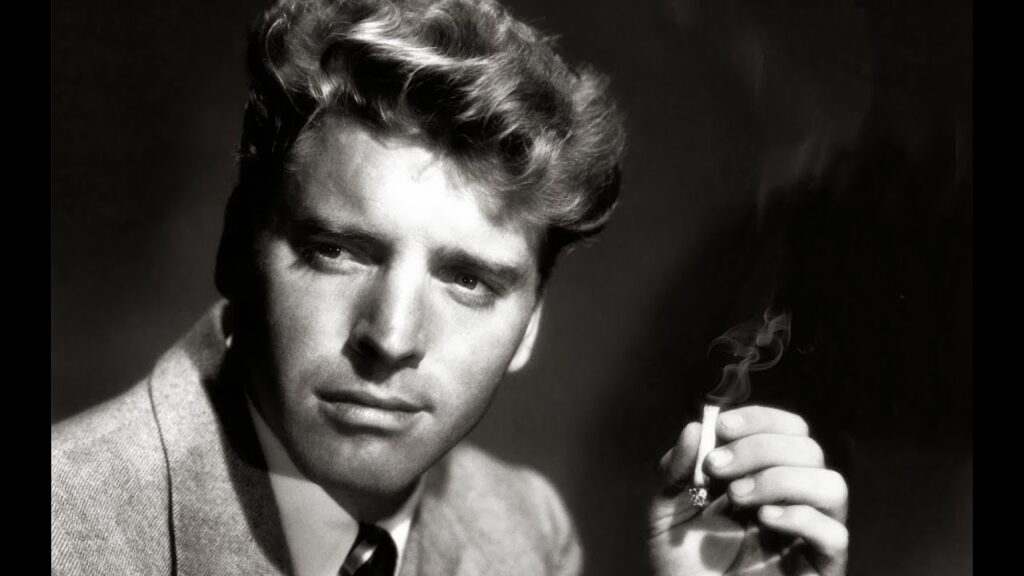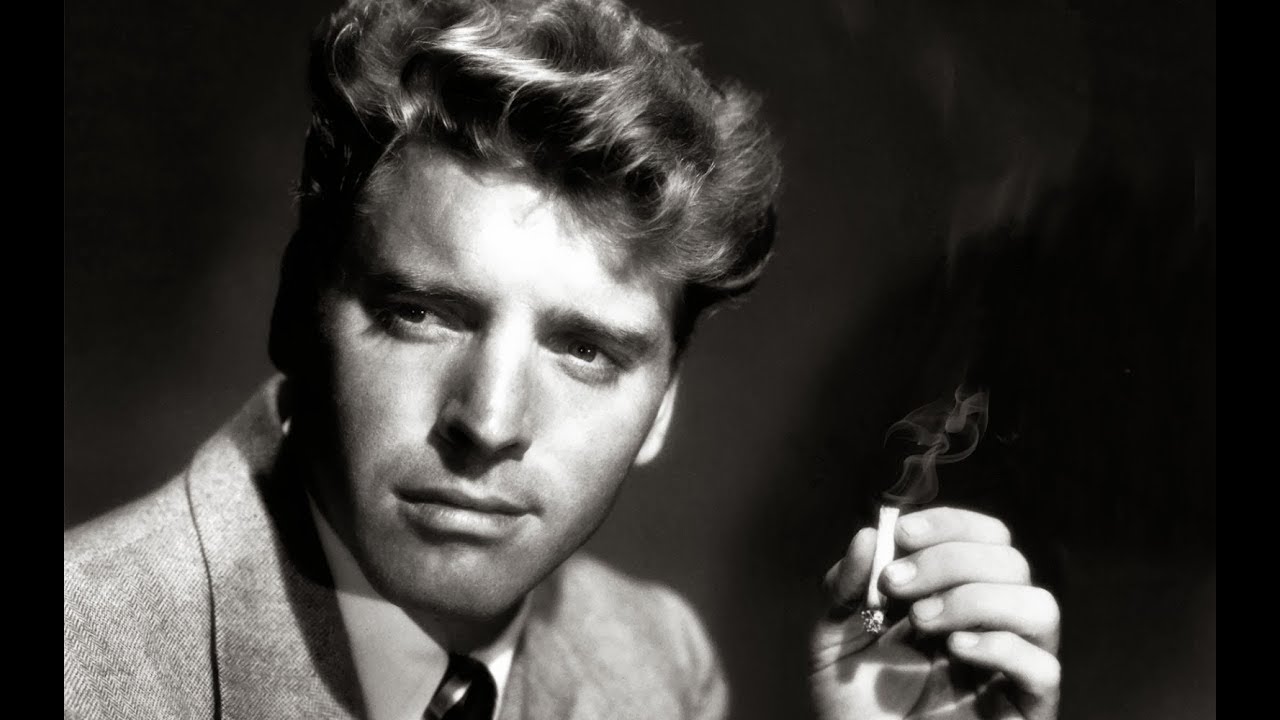
Burt Lancaster Films: Exploring His Greatest Roles & Enduring Legacy
Burt Lancaster was more than just a handsome face; he was a powerhouse performer, a daring acrobat turned actor, and a producer who championed challenging and groundbreaking films. This article delves into the captivating world of Burt Lancaster films, exploring his most iconic roles, his impact on cinema, and his enduring legacy. We aim to provide a comprehensive guide for film enthusiasts, offering insights into his diverse filmography and the qualities that made him a true Hollywood legend. We’ll explore not just the films themselves, but also Lancaster’s approach to acting, his business acumen, and the social and cultural impact of his work. This is your definitive guide to understanding the genius of Burt Lancaster.
The Enduring Allure of Burt Lancaster Films
Burt Lancaster’s career spanned decades, from the late 1940s to the early 1990s, during which he starred in a wide array of genres, from swashbuckling adventures to intense dramas. His physical presence, combined with his nuanced acting ability, made him a compelling figure on screen. What set Lancaster apart was his willingness to take risks, both in the roles he chose and in his approach to filmmaking. He wasn’t afraid to play complex, morally ambiguous characters, and he often used his own production company to bring challenging stories to the screen.
Lancaster’s early training as a circus acrobat gave him a unique physicality that he brought to his roles. He was known for performing many of his own stunts, adding a layer of authenticity to his action sequences. But beyond the athleticism, Lancaster possessed a keen intelligence and a deep understanding of human nature, which allowed him to portray a wide range of characters with depth and conviction. His commitment to quality and his willingness to challenge conventions made him a true innovator in Hollywood.
Early Life and Career Beginnings
Born in New York City in 1913, Burt Lancaster began his career as an acrobat in the circus. This background instilled in him a physical discipline and a love of performance that would serve him well in his acting career. After serving in the military during World War II, Lancaster made his Broadway debut in 1945. His breakthrough role came in the 1946 film noir classic *The Killers*, which immediately established him as a major star.
Lancaster’s Production Company: Hecht-Hill-Lancaster
In the mid-1950s, Lancaster formed a production company with James Hill and Harold Hecht, known as Hecht-Hill-Lancaster. This gave him greater control over his career and allowed him to produce films that reflected his own artistic vision. The company was responsible for some of Lancaster’s most acclaimed films, including *Marty* (1955), *Trapeze* (1956), and *Sweet Smell of Success* (1957).
The Best Burt Lancaster Films: A Curated Selection
Selecting the “best” Burt Lancaster films is a subjective exercise, but certain titles consistently appear on critics’ and fans’ lists. These films showcase Lancaster’s versatility, his willingness to take risks, and his enduring appeal. Here’s a closer look at some of his most notable works:
* **The Killers (1946):** A seminal film noir that launched Lancaster’s career. His raw intensity and vulnerability are palpable.
* **From Here to Eternity (1953):** Lancaster’s portrayal of Sergeant Warden is iconic, earning him an Academy Award nomination. The film itself is a classic of American cinema.
* **Sweet Smell of Success (1957):** A dark and cynical look at the world of media, featuring Lancaster as the ruthless columnist J.J. Hunsecker. This is considered one of his most powerful performances.
* **The Defiant Ones (1958):** A powerful drama about two escaped convicts, one black and one white, who are chained together. Lancaster and Tony Curtis deliver unforgettable performances.
* **Judgment at Nuremberg (1961):** A thought-provoking courtroom drama about the Nuremberg trials, with Lancaster giving a chilling performance as a Nazi judge.
* **The Leopard (1963):** Luchino Visconti’s epic historical drama, featuring Lancaster as an aging Sicilian prince. This is considered one of the greatest films ever made.
* **Seven Days in May (1964):** A gripping political thriller about a military coup planned in the United States.
* **Atlantic City (1980):** A late-career triumph for Lancaster, earning him another Academy Award nomination. He plays an aging gangster who gets a second chance at life.
Analyzing Lancaster’s Performance in Key Roles
Lancaster’s performances are characterized by a unique blend of physicality and emotional depth. He was able to convey a wide range of emotions, from vulnerability and tenderness to rage and ruthlessness. In *From Here to Eternity*, his portrayal of Sergeant Warden is both stoic and passionate, capturing the inner turmoil of a man struggling with his duty and his desires. In *Sweet Smell of Success*, he embodies the cold and calculating J.J. Hunsecker with chilling precision. And in *The Leopard*, he brings a quiet dignity and melancholy to the role of an aging aristocrat facing the decline of his world.
The Impact of Hecht-Hill-Lancaster on the Film Industry
Hecht-Hill-Lancaster was a groundbreaking production company that challenged the traditional Hollywood studio system. By giving actors and filmmakers more control over their projects, the company helped to pave the way for the independent film movement. The company’s success also demonstrated that it was possible to make commercially successful films that were also artistically ambitious. According to film historians, Hecht-Hill-Lancaster played a pivotal role in shaping the landscape of American cinema in the 1950s and 1960s.
Burt Lancaster as a Producer: Championing Artistic Vision
Beyond his acting prowess, Burt Lancaster was a shrewd and influential producer. Through Hecht-Hill-Lancaster, he championed projects that pushed boundaries and challenged conventional storytelling. He understood the importance of artistic vision and was willing to take risks to bring unique stories to the screen. This commitment to quality and innovation helped to elevate the art of filmmaking. His willingness to back challenging projects speaks volumes about his artistic integrity.
Sweet Smell of Success: A Bold Production Choice
*Sweet Smell of Success* is a prime example of Lancaster’s willingness to take risks as a producer. The film’s dark and cynical portrayal of the media world was controversial at the time, but Lancaster believed in the project and fought to get it made. The film was not a commercial success upon its initial release, but it has since become recognized as a classic of American cinema. Its enduring appeal speaks to the power of Lancaster’s vision and his willingness to challenge conventional storytelling.
The Leopard: A Masterpiece of Epic Cinema
Lancaster’s decision to star in and co-produce Luchino Visconti’s *The Leopard* was another bold move. The film was a massive undertaking, both in terms of its scope and its budget. But Lancaster believed in Visconti’s vision and was willing to invest his time and resources in bringing the project to fruition. The result is a stunningly beautiful and deeply moving film that is widely considered to be one of the greatest films ever made. Leading film critics consistently praise Lancaster’s nuanced performance and the film’s historical accuracy.
The Legacy of Burt Lancaster: An Enduring Influence
Burt Lancaster’s influence on cinema extends far beyond his individual performances. His willingness to take risks, his commitment to quality, and his championing of artistic vision have inspired generations of actors and filmmakers. He helped to break down the barriers between commercial and artistic cinema, and he paved the way for the independent film movement. His legacy continues to be felt today, as filmmakers continue to push boundaries and challenge conventions.
Lancaster’s Impact on Acting Techniques
Lancaster’s unique blend of physicality and emotional depth has also influenced acting techniques. He demonstrated that it was possible to be both a physically imposing presence and a nuanced performer. His willingness to take risks and to explore the darker aspects of human nature has inspired actors to push their own boundaries and to challenge conventional notions of what it means to be a leading man. Method acting techniques often cite Lancaster’s dedication to character development as a prime example.
The Enduring Appeal of Lancaster’s Films
Despite the passage of time, Burt Lancaster’s films continue to resonate with audiences. His performances are timeless, and his films explore universal themes that are relevant to people of all ages and backgrounds. His willingness to tackle complex and challenging subjects has ensured that his films remain thought-provoking and engaging. The enduring appeal of Lancaster’s films is a testament to his talent and his vision.
Q&A: Deep Dive into Burt Lancaster’s Career
Here are some frequently asked questions about Burt Lancaster, providing deeper insights into his life and work:
1. **What was Burt Lancaster’s most challenging role?** Many consider his role as J.J. Hunsecker in *Sweet Smell of Success* to be his most challenging, given the character’s moral ambiguity and the film’s dark themes.
2. **How did Lancaster’s circus background influence his acting?** His circus training gave him a unique physicality and a fearlessness that he brought to his roles, allowing him to perform many of his own stunts and to embody physically demanding characters.
3. **What made Hecht-Hill-Lancaster such an innovative production company?** It gave actors and filmmakers more control over their projects, challenging the traditional Hollywood studio system and paving the way for independent film.
4. **Why is *The Leopard* considered a masterpiece?** Its stunning visuals, historical accuracy, and Lancaster’s nuanced performance combine to create a deeply moving and unforgettable cinematic experience.
5. **What are some lesser-known Burt Lancaster films that are worth watching?** *Ulzana’s Raid* (1972) and *Go Tell the Spartans* (1978) are two lesser-known but highly regarded films that showcase Lancaster’s versatility.
6. **How did Lancaster approach choosing his roles?** He was drawn to complex characters and challenging stories, often choosing roles that allowed him to explore the darker aspects of human nature.
7. **What was Lancaster’s relationship with other actors and directors?** He was known for his professionalism and his collaborative spirit, working with some of the greatest actors and directors of his time.
8. **How did Lancaster contribute to the evolution of film noir?** *The Killers* helped define the genre, showcasing Lancaster’s raw intensity and establishing him as a major star.
9. **What is Lancaster’s enduring legacy in the film industry?** He is remembered as a versatile actor, a shrewd producer, and a champion of artistic vision, inspiring generations of filmmakers.
10. **What resources are available for those who want to learn more about Burt Lancaster?** Film biographies, documentaries, and critical analyses offer further insights into his life and work. The Academy of Motion Picture Arts and Sciences also holds valuable archives.
Conclusion: Celebrating a Cinematic Icon
Burt Lancaster was a true cinematic icon, a performer who defied categorization and consistently challenged himself and his audience. From his early days as an acrobat to his later years as a respected actor and producer, Lancaster left an indelible mark on the film industry. His films continue to be watched and studied, and his legacy as a risk-taker and a champion of artistic vision endures. We hope this exploration of Burt Lancaster films has provided you with a deeper appreciation for his talent and his contributions to cinema. What are your favorite Burt Lancaster films? Share your thoughts in the comments below and let’s continue the discussion!

